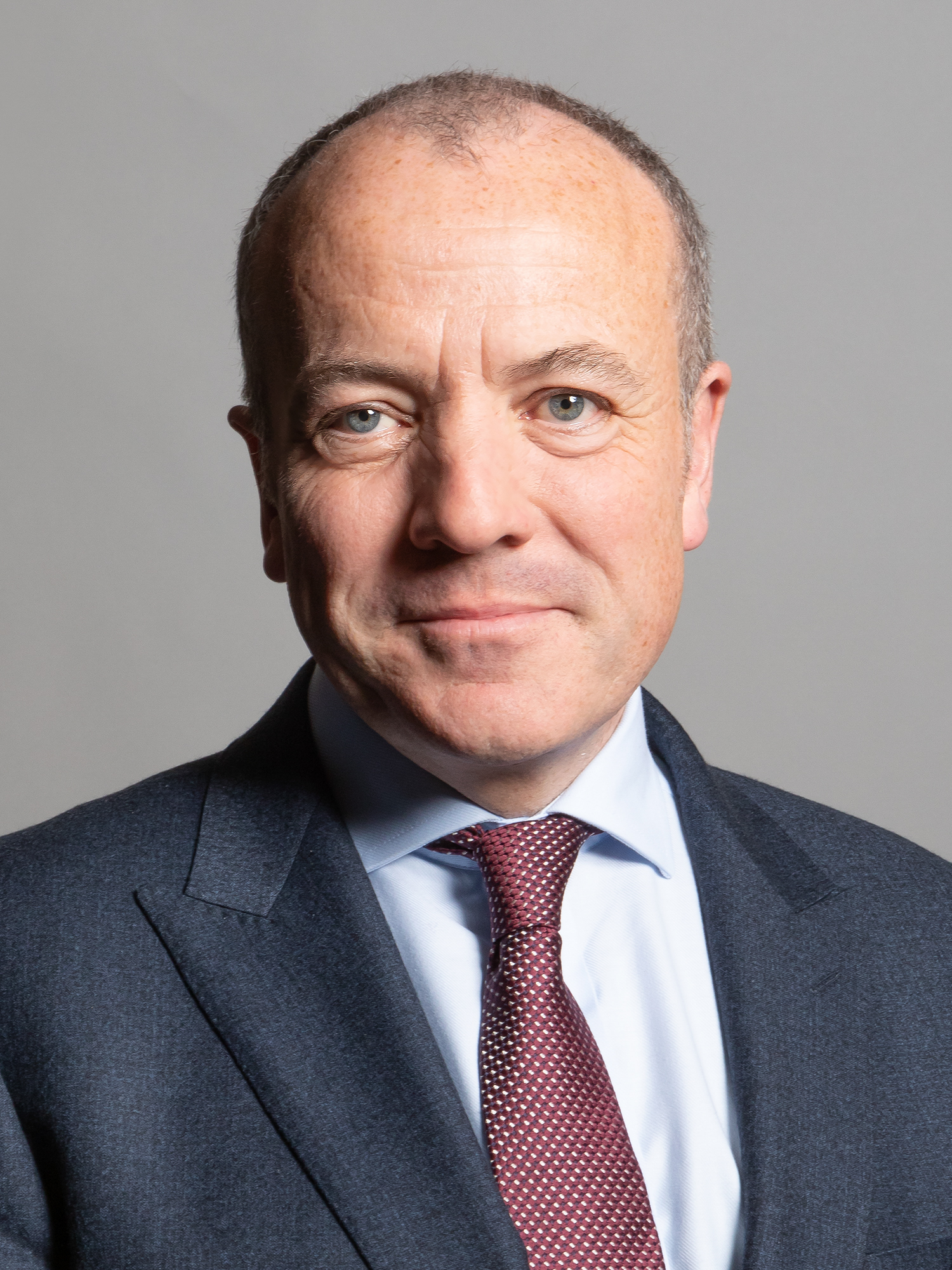The speech made by Mike Kane, the Labour MP for Wythenshawe and Sale East, in Westminster Hall, House of Commons, on 10 January 2023.
As ever, it is a pleasure to serve under your chairmanship, Mr Davies, and I thank the hon. Member for Torbay (Kevin Foster), who represents a beautiful part of the world, for his excellent speech. My researcher indicated that 52 awards for gallantry have gone to the hon. Gentleman’s RNLI station alone.
I shall be following the hon. Member for Totnes (Anthony Mangnall), who advocated for the National Independent Lifeboat Association, and the hon. Member for Paisley and Renfrewshire North (Gavin Newlands), in that we are not really having a debate, because there is consensus. The only note of division I think I heard was in the intervention from the hon. Member for Caithness, Sutherland and Easter Ross (Jamie Stone) on the hon. Member for Moray (Douglas Ross). Perhaps we need a separate debate on what we call that firth; the name Inverness strait might help to sort this out. [Interruption.] I see I have caused complete division across the Chamber.
Next year, it will be 200 years since William Hillary’s vision of saving souls at sea became a reality, and on 19 December 2022 the Minister and I were at the Dispatch Box for the Second Reading of the Seafarers’ Wages Bill. Today, we have heard the story of the Penlee lifeboat disaster, which was eloquently told by the right hon. Member for New Forest East (Sir Julian Lewis), and on 19 December, the 41st anniversary of the disaster, we were able to have recorded in Hansard our thanks to the crews who went out that night in 1981.
The RNLI was formed to save souls at sea and the institution’s priorities were
“the preservation of human life…assistance to vessels in distress…the preservation of vessels and property…the prevention of plunder and depredations in case of shipwreck…succour and support of those persons who may be rescued…the bestowing of suitable rewards on those who rescue the lives of others”.
I want the debate to recognise those people as well and to be an acknowledgement of those who risk their lives to save those in peril on the sea.
As shadow maritime Minister, I know only too well the sacrifices made by our seafarers, which we saw during the pandemic. However, professional seafarers are not the only people our lifeboats serve to protect. We have seen the small boats in the English channel, which, as has been mentioned, is the busiest shipping lane in the world. We have seen children, women, families and individuals being plucked from the seas by the RNLI and others, and we have heard testimony from those who are tasked by the coastguard to perform their rescue missions without prejudice and without judgment.
There is nobody who is illegal. If people are in peril on the sea, we rescue them—no ifs, no buts. I thank those people for their service and for their determination to save everyone and anyone who gets into difficulty around UK and Irish shores. This is such a vital lifesaving service—so selfless—that, as has been mentioned, it is almost unbelievable that the RNLI receives no money from Government and is funded primarily by donations.
My best man was rescued from a cliff by the RNLI, when he was a child and on holiday. We have been friends for 30 years, and he has fundraised for the RNLI all his life, even being in a landlocked constituency. Imagine how the course of my life might have changed, had that rescue gone wrong, so I, too, pay personal tribute to the RNLI.
As I was preparing this speech last night, I noticed that at 6 pm lifeboats were launched from Hartlepool and Ramsgate. At 9.40 pm there was an incident that led to Tynemouth launching a rescue mission, with another one launching from Falmouth at 11 pm. Remarkable bravery takes place every day and every night. Since 1824 the RNLI has saved almost 143,000 lives. I go back to the original mission statement of Sir William Hillary, when he conceived the idea of the RNLI. I should add that the use of the word “men” is of its time, and not reflective of the nature of the RNLI, who for generations have had women launching lifeboats and working alongside crew to ensure that boats could set sail efficiently and speedily. More recently, they have crewed the boats and acted as shore crew. Now, the RNLI has more than 300 women crew and a third of their lifeguards are female, preventing accidents before they happen with good safety advice and keen stewardship of the shore.
Sir William said that at the heart of this institution would be
“a large body of men…in constant readiness to risk their own lives for the preservation of those whom they have never known or seen, perhaps of another nation, merely because they are fellow creatures in extreme peril.”
Every lifeboat volunteer—whether they be a fundraiser, a coxswain or at the helm— exemplifies that mission statement, and I would like to thank them for their service and their contribution to search and rescue.
